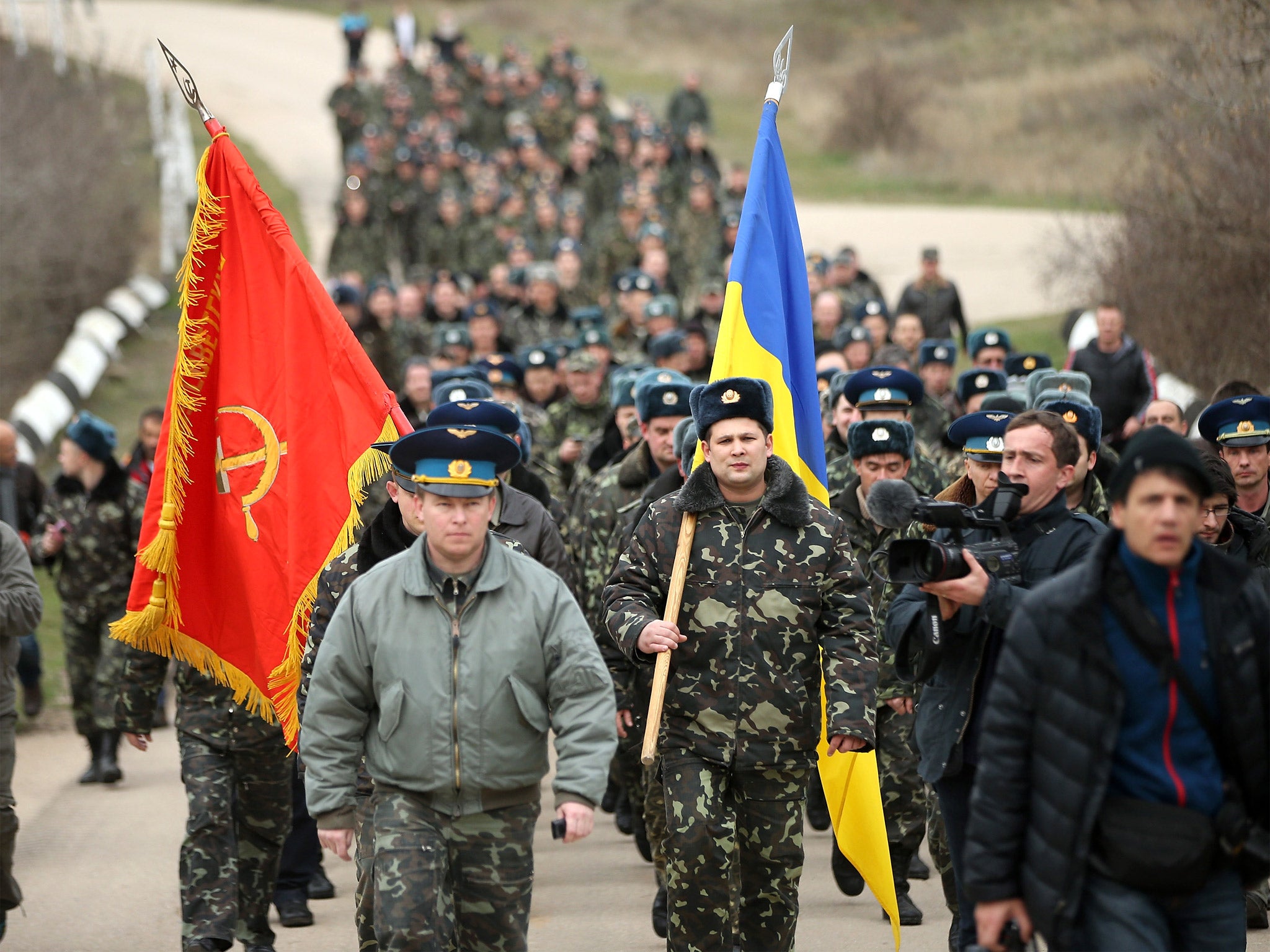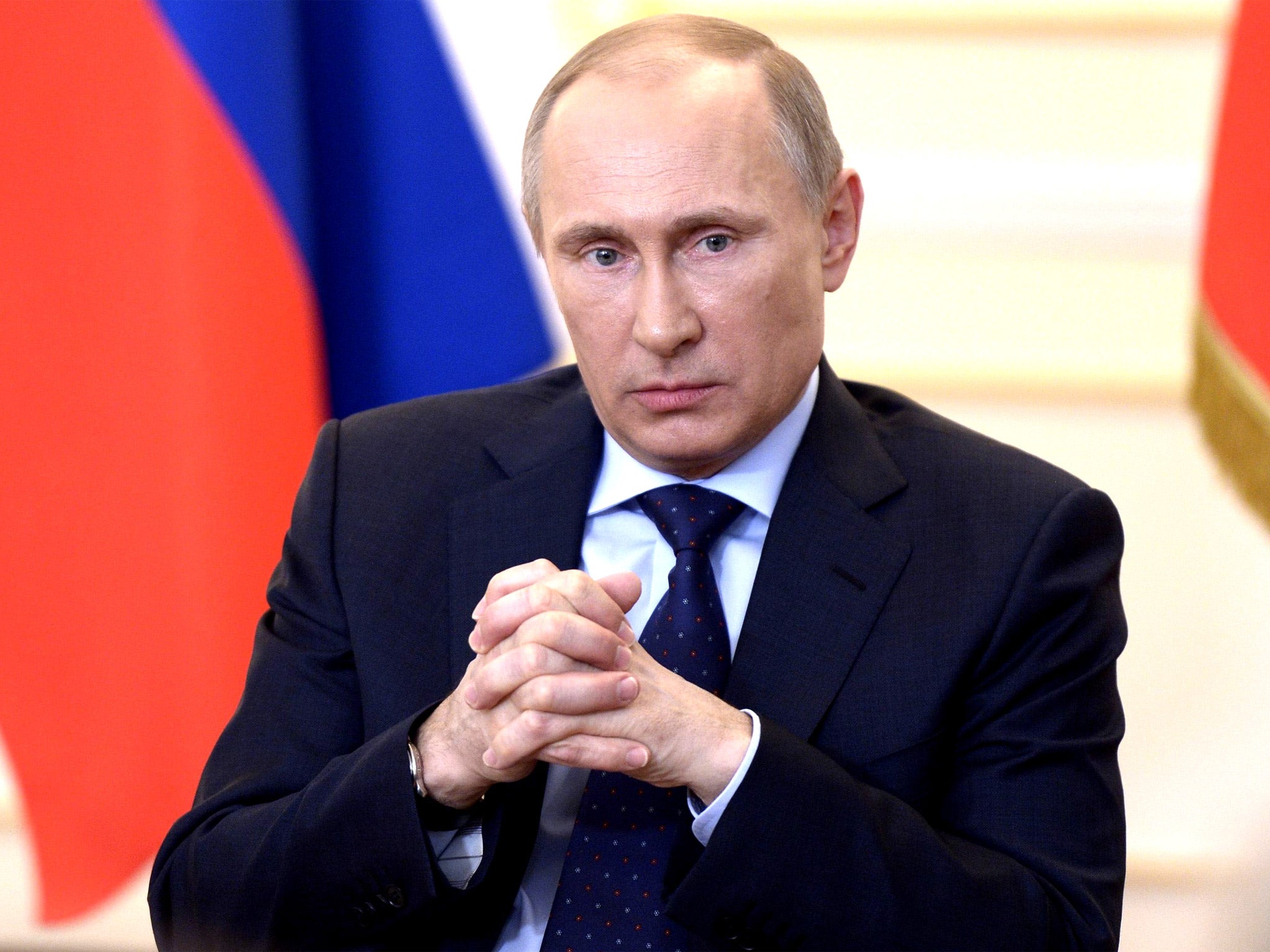Ukraine crisis: How do you solve a problem like Crimea?
With shots fired by Russian troops, Putin condemning a ‘coup d’état’ and senior diplomats scurrying to ease tensions, there seems no end in sight to the grave crisis engulfing Europe’s eastern edge

Your support helps us to tell the story
From reproductive rights to climate change to Big Tech, The Independent is on the ground when the story is developing. Whether it's investigating the financials of Elon Musk's pro-Trump PAC or producing our latest documentary, 'The A Word', which shines a light on the American women fighting for reproductive rights, we know how important it is to parse out the facts from the messaging.
At such a critical moment in US history, we need reporters on the ground. Your donation allows us to keep sending journalists to speak to both sides of the story.
The Independent is trusted by Americans across the entire political spectrum. And unlike many other quality news outlets, we choose not to lock Americans out of our reporting and analysis with paywalls. We believe quality journalism should be available to everyone, paid for by those who can afford it.
Your support makes all the difference.Vladimir Putin has given a confident performance in front of the media, insisting that the events of the last 10 days in Ukraine amounted to nothing less than a coup d’état. At almost the same time, the US Secretary of State, John Kerry, arrived in Kiev to shore up the new, pro-Western, yet unelected government.
In Crimea, where Russian troops have taken control and faced an ugly stand-off with Ukrainian forces at the Belbek military airbase, the situation is a long way from being under control. The Russians have effectively annexed the region, despite Mr Putin’s protestations to the contrary.
Ukraine’s finances have flirted with the precipice for a month and Washington announced a $1bn aid package; but beyond that, there seems to be little of substance from the West that will ultimately bring a swift end to the stand-off.
In truth the West has very few sticks with which to beat Moscow: the UK Government’s position – seen through a photographed briefing paper on Monday – makes clear that Mr Cameron is hoping others pick up the mantle. But allies in the EU are just as concerned about the supply of cheap energy from Russian gas fields as they are with the future of Crimea, and the US administration under Barack Obama has proven itself over six years to be doveish to the point of being seen as weak in the face of aggression.
Despite the tensions, the Russian military went ahead with the test-firing of a Topol intercontinental ballistic missile. The missile hit a range in Kazakhstan. The US said it had been notified of the test before the crisis began.

Moscow has no interest in armed conflict – a point underscored by Mr Putin – and its financiers will take as real the threat posed to the Russian economy by investors being spooked. But nor does it want to lose face by appearing to cave in to Western demands. All of which means the crisis in Crimea – in which nobody appears to have the upper hand – is far from being resolved.
Join our commenting forum
Join thought-provoking conversations, follow other Independent readers and see their replies
Comments